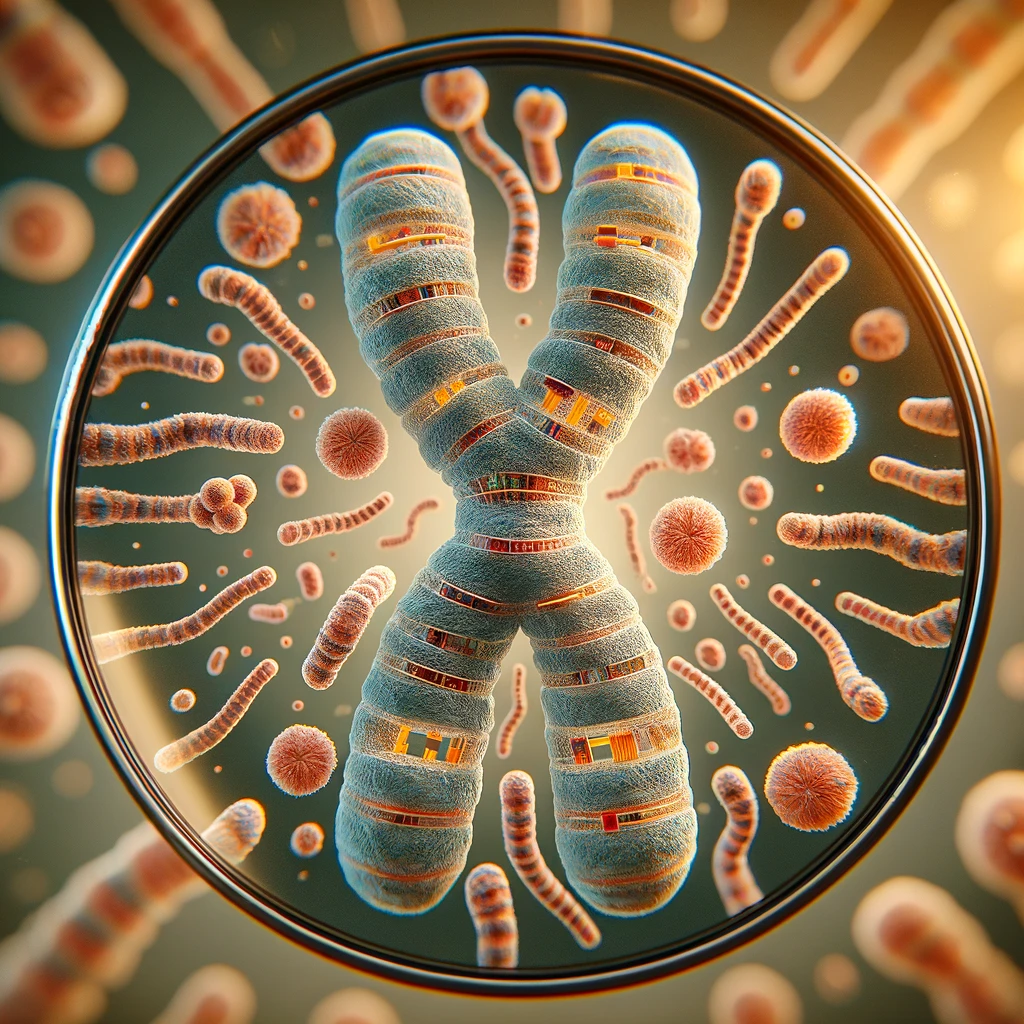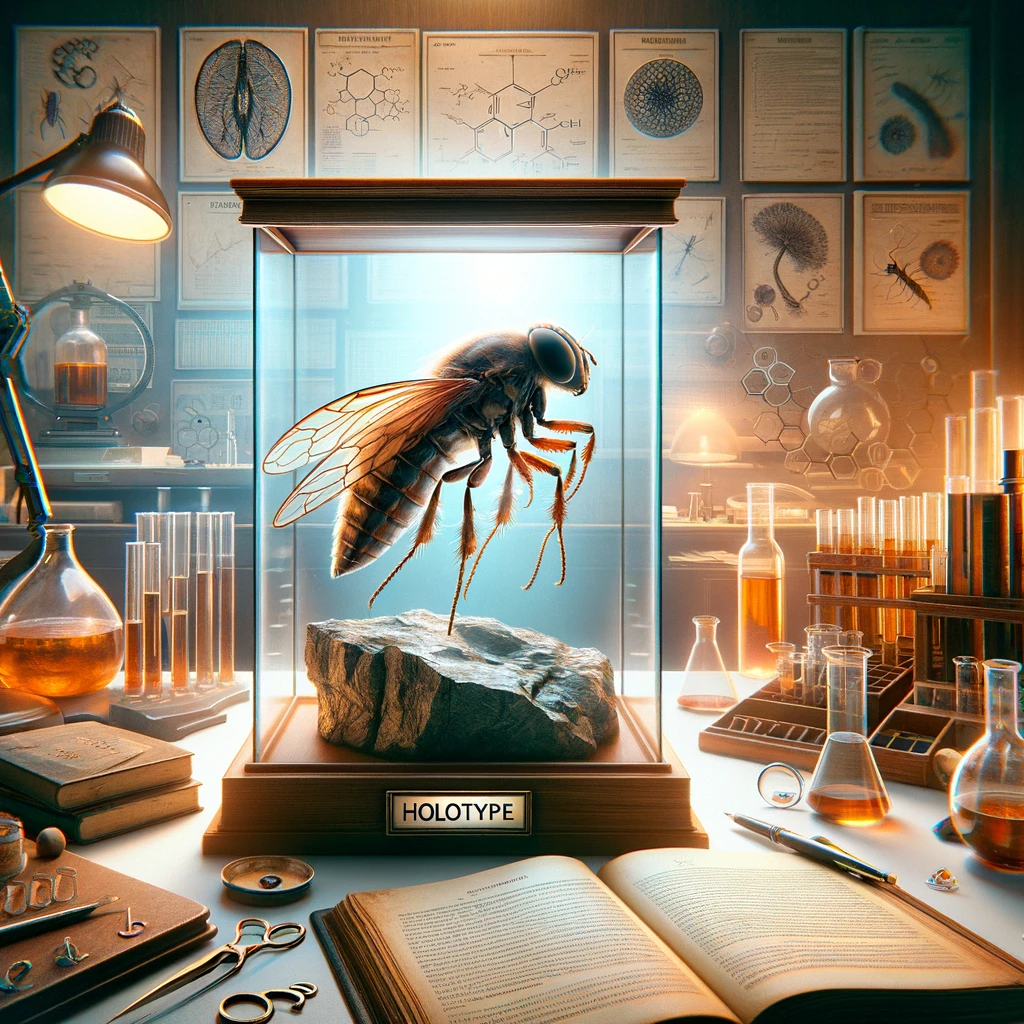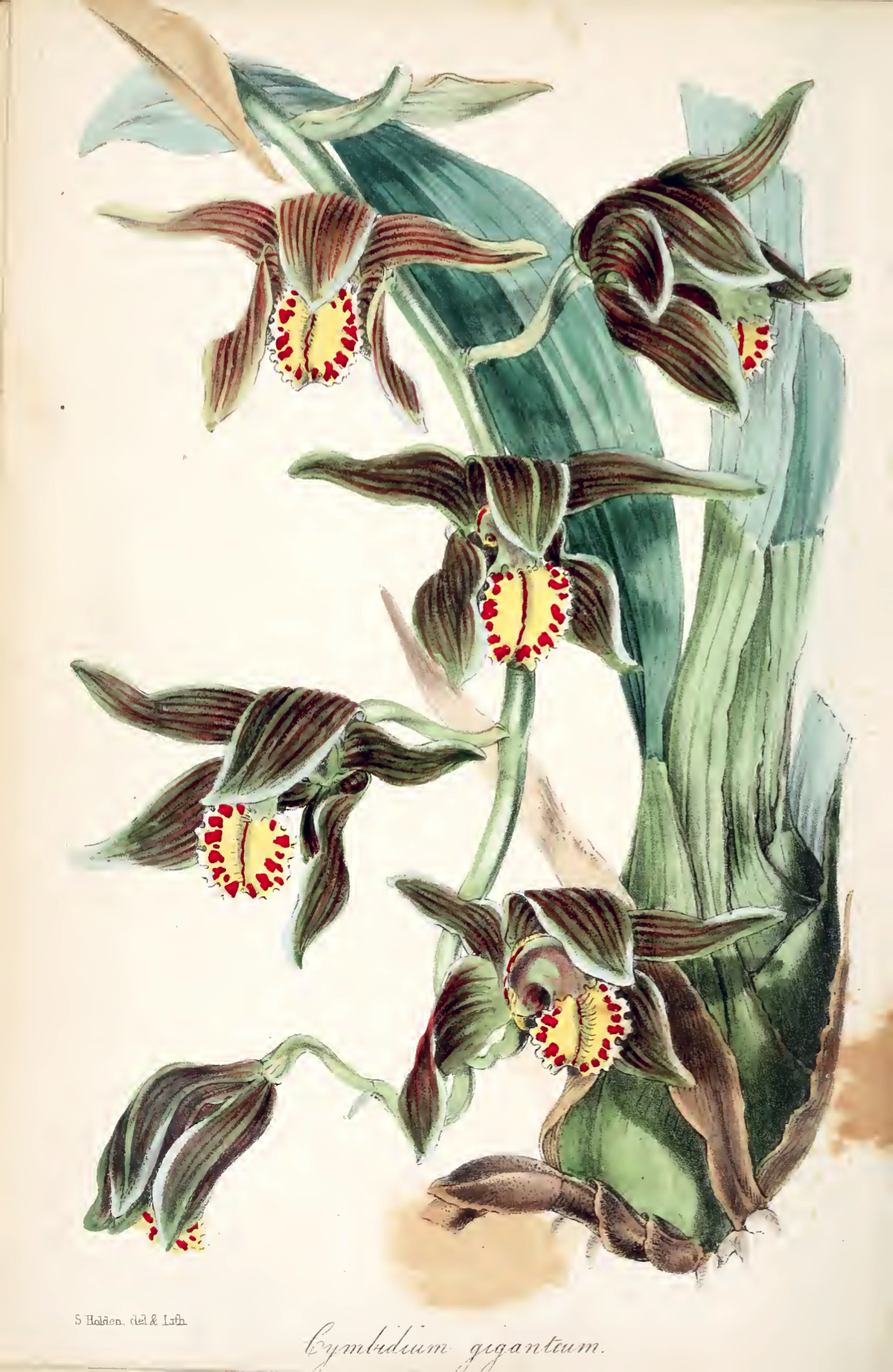
Microbiology Definition: Unlocking the World of Microscopic Life
Explore microbiology, the study that delves into the microscopic realm, from bacteria to viruses, unveiling the immense impact of the unseen on the world.
But you don't know it
The term “biology” refers to the scientific study of life and living organisms. Here’s an overview of its definition, etymology, and origin:

Explore microbiology, the study that delves into the microscopic realm, from bacteria to viruses, unveiling the immense impact of the unseen on the world.

Explore homeostasis, derived from Greek for “similar standing still”, a vital biological process ensuring the stability of an organism’s internal environment.

Unravel the definition and Greek origins of “organism,” highlighting the complexity and unity of living entities, from single cells to multicellular life.

Explore the essential nature of proteins, originating from the Greek ‘proteios’, signifying their pivotal role in the structure and function of all living cells.

Delve into the definition of ‘chromosome’, tracing its Greek origin and crucial role in genetics and heredity, pivotal to understanding life’s biological processes.

Discover the significance of the holotype, a key concept in biological classification, originating from Greek words for ‘whole’ and ‘type’.

Dive into the etymology and function of endorphins, the body’s self-produced painkillers and mood elevators, rooted in Greek terminology.

Delve into ‘botany’, the study of plants from Greek ‘botanē’ (grass), a field vital for understanding our natural environment.

Explore ‘dendrology’, the scientific study of trees, from Greek ‘dendron’ (tree) and ‘logos’ (study), crucial in botany and forestry

Discover ‘ecology’, a term signifying the study of organisms and their environmental interactions, rooted in Greek philosophy.